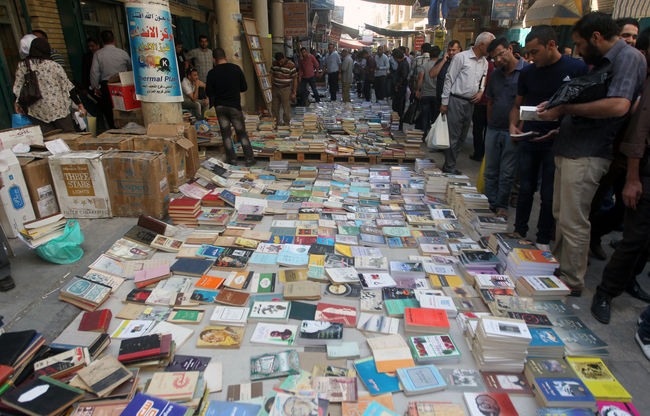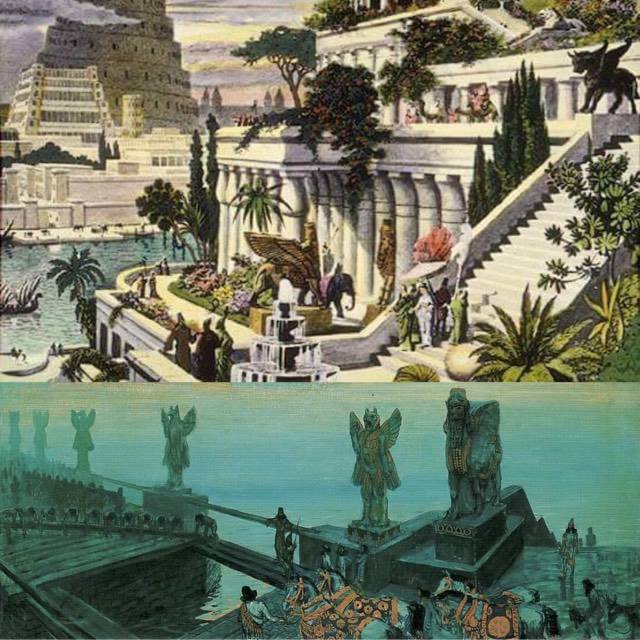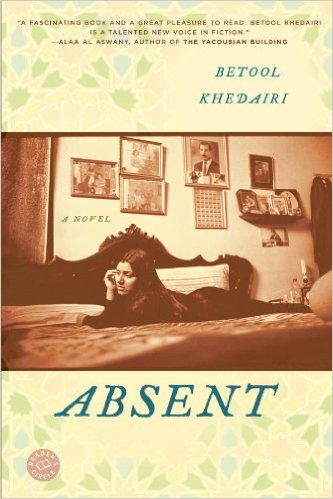Books from Banned Countries Part 2: Iraq
This is part of our Books from Banned Countries series. You can see them all here.
Some places have attained an almost mythical space within their communities.
When the community is made of up of avid readers, specifically ones of Arabic literature, al-Mutanabbi Street in Baghdad is a popular hangout.
Quite by chance, this piece will run less than two weeks before the 10th anniversary of the day that nearly destroyed this street, one of the oldest in central Baghdad, the one that has been home to bookshops and bookstalls since the time of the Abbasid Caliphate, when Baghdad was the centre of science, literature, philosophy and good times.
When a car bomb went off in front of Shahbandar cafe on March 5 2007, killing more than two dozen and wounding close to a hundred, it seemed that the mythical space would be no longer.
Four years into the war, the city, and the country had been through so much that it wouldn’t be unreasonable to think that books and spaces dedicated to them were not a top priority.
And yet, they were.
Because Baghdad had been through this before.
As this Guardian article states, “when Baghdad was sacked by the Mongols in 1258, the river Tigris ran red one day with the blood of those killed, and black the next with the ink of their books.” From a book lover’s point of view, the fall of Baghdad was a disaster of planetary dimensions; akin to the fire that destroyed the great library of Alexandria centuries earlier.Since then, Baghdad, although declining already at the time of the siege, had been the center of knowledge.
Unlike dreary Medieval Europe, Iraq was quite the party town.
Bayt al-Hikma and its surroundings were the place to be if you were a scientist, philosopher, linguist, translator, or, indeed, a bum if The Art of Party Crashing in Medieval Iraq is to be believed. The writing style might not be your cup of tea (or glass of wine), but with the chapters of this comprehensive manual covering the theory (The Meaning of “Party-Crashing” in the Language and the First Person Named after It), history (Early Party-Crashing) and practice (Those Who Love People to Sponge and Facilitate It) of party-crashing, a young 21st-century urban dweller has much to learn from her or his medieval counterpart.
Returning to the 21st century and al-Mutanabbi Street: there will be plenty of events commemorating the anniversary. The Bay Area people should keep an eye on Beau Beausoleil’s The Great Overland Book Company. Beausoleil is the heart and the brains behind the Al-Mutanabbi Street Starts Here, a project he conceived as a response to the bombing and has brought scores of artists together over the decade, including those who contributed to the anthology of modern Iraqi writing. As for events, do check with Beausoleil’s bookshop.
A reading will be held on Sunday, March 5. Bird& Beckett has a reading on March 6, and there are others in the area, as well as around the country. San Franciscans can also check the exhibition in the San Francisco Public Library.
For those of us east coasters who don’t live near an event, here’s a list of books to read:
- In addition to the anthology Al-Mutanabbi Street Starts Here, there’s –
- Iraq + 100 – ten short stories set in 2103, ten visions of Iraq one hundred years after the military invasion. It is not an easy read, but it is necessary. The editor of Iraq + 100, Hassan Blasim, is a celebrated author of the younger generation you should read anyway.
- Start with The Madman of Freedom Square.
- Then move to The Iraqi Christ. Also, read Ali Bader’s
- Also, read Ali Bader’s Papa Sartre – who wouldn’t want to establish an existentialist movement in a city like Baghdad?
- Muhsin al-Ramli’s Dates on my Fingers is interesting in that it questions the definitions of masculinity.
- Going back a couple of decades, Fadhil al-Azzawi’s scary Cell Block Five is definitely a must-read.
- Sinan Antoon is another author you should look out for.
- I also very much enjoyed Betool Khedairi’s Absent.
- And don’t forget to check out the poetry of Manal el-Sheikh and Sargon Boulos.
- And this great online magazine – Banipal 37 is dedicated to Iraqi authors.
As always, you should be checking Arabic Literature (in English) often, because it’s the most up-to-date resource for books and events.
Happy reading!





